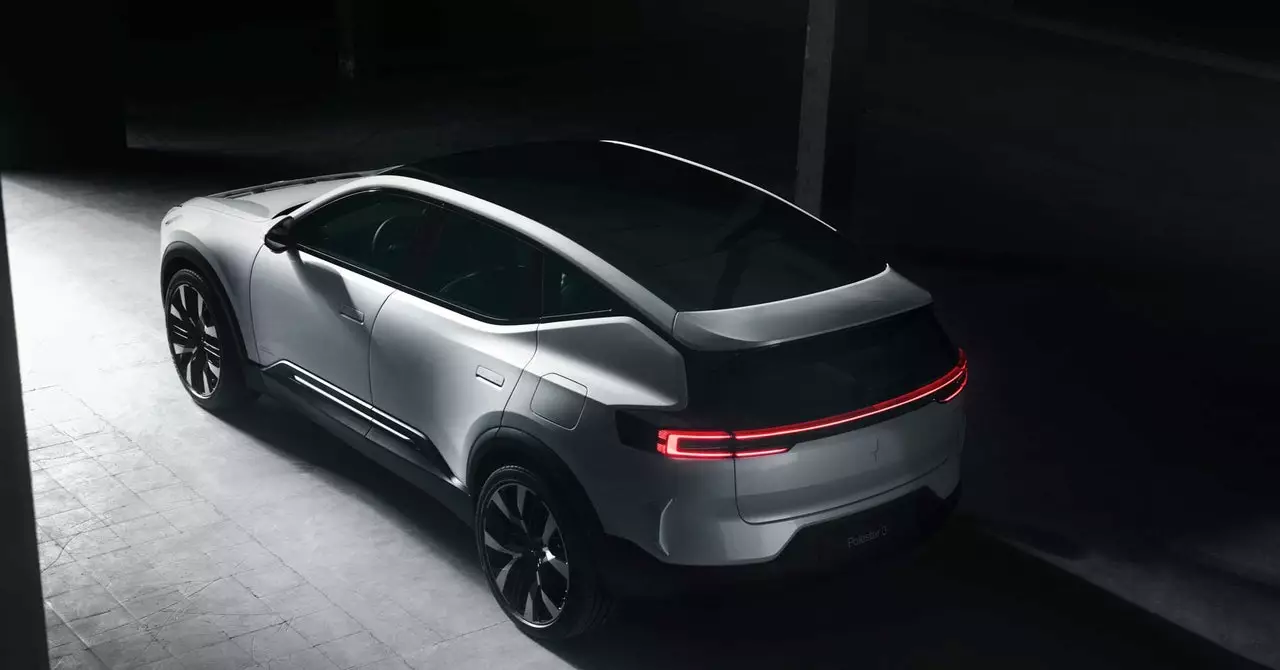Polestar, a brand known for its electric vehicles, has been criticized for not differentiating itself enough from its parent company, Volvo. Design expert Wells argues that there is a lack of visual distinction between Polestar and Volvo vehicles, with the new Volvo EV flagship, EX90, being viewed as a family-friendly version of the Polestar 3. To truly establish itself as a separate entity, Polestar should focus on providing more distinct design elements and performance features to set itself apart from Volvo.
According to Wells, Polestar’s branding issues began early on when it was launched as a high-performance petrol brand acquired by Volvo before transitioning into an electric premium brand. This shift in branding was deemed a mistake, and Polestar was criticized for being slow to introduce new products to the market and generate profits when the demand was high. The pressure to be profitable in a stagnant or declining market is intense, and Wells suggests that Polestar may need to consider being integrated back into Volvo as a niche brand for the foreseeable future.
With the introduction of new US tariffs on China-manufactured cars, Polestar’s new plant in South Carolina is seen as a strategic move to avoid additional costs. However, market volatility extends beyond protectionist policies, with technological advancements in EV engineering presenting both challenges and opportunities for brands like Polestar. Industry experts believe that advancements in battery technology and AI-driven engineering in EVs could lead to cost reductions and improved performance, which could benefit brands willing to embrace these changes.
Despite its efforts to establish itself as a prominent EV brand, Polestar is considered a second-tier player compared to industry leaders like Tesla. Analysts suggest that Polestar needs to enhance its brand recognition and market positioning to compete effectively in the EV space. While the new executives at Polestar may have limited autonomy in deciding the brand’s future, they are expected to focus on running a successful and cost-effective operation until market conditions improve.
Experts agree that the current market slowdown is temporary, and the focus on climate change and sustainability will continue to drive innovation in the EV market. As global temperatures rise, the pressure to address environmental concerns will only intensify, placing greater importance on the role of EV manufacturers like Polestar in promoting sustainable transportation solutions. The ability to adapt to changing market dynamics and technological advancements will be crucial for Polestar’s long-term success in the competitive EV landscape.

